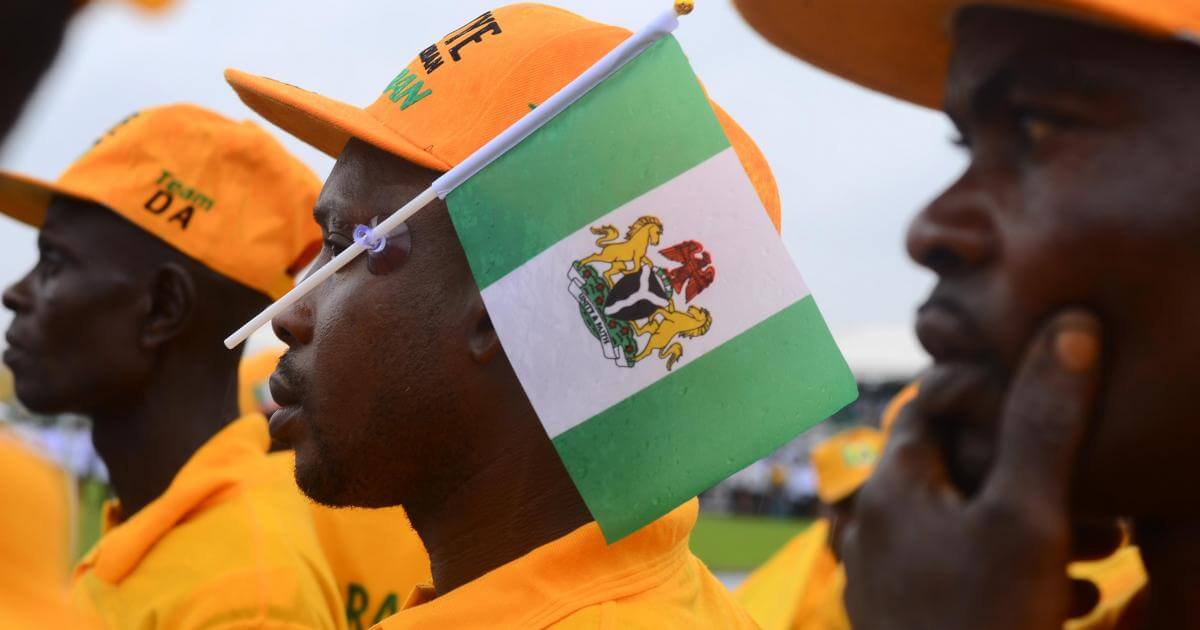
Nigeria turns 60: Hope despite anger over corruption, poverty
It was just after midnight in Lagos, on a horse-racing track turned square, when Nigeria’s new white and green flag was hoisted officially for the first time, replacing Britain’s Union Jack.
Several hours later, on the morning of October 1, 1960, a representative of Queen Elizabeth II handed Nigeria’s constitution over to Abubakar Tafawa Balewa, the country’s new prime minister.
“It was celebrations all over the place,” said Tanko Yakasi, 93, who attended a party that afternoon hosted by the soon-to-be-former governor-general, James Wilson Robertson.
“There were high expectations and the [Nigerian] political class really believed that they would be able to change the fortune of the country for the better.”
Nigeria became a republic three years later, with Nnamdi Azikiwe assuming the role of the president.
Large oil reserves discovered in 1956 had brought hopes of wealth and fortune to many.
“I remember my grandparents saying how life was easy back then,” 30-year-old Hamzat Lawal told AFP news agency. “They didn’t have to deal with today’s insecurity; they had jobs; they had a decent lifestyle.”
But the honeymoon did not last long. Six years after independence, Balewa was assassinated in a coup and shortly after, Nigeria plunged into a three-year civil war that killed more than a million people.
After the war ended, 30 years of coups and military dictatorships followed.
For Yakasi, who worked for Shehu Shagari, Nigeria’s first leader democratically elected in 1979, those decades of army rule had a crushing effect.
“There were personal differences among the military, and they engaged in coups and counter-coups. All this has taken a toll on the progress and development of the country, economically and otherwise.”
Civilian rule returned to Nigeria in 1999, ushering a renewed sense of hope that culminated with the first peaceful transition of power when Muhammadu Buhari, a former military head of state, became president in 2015.

